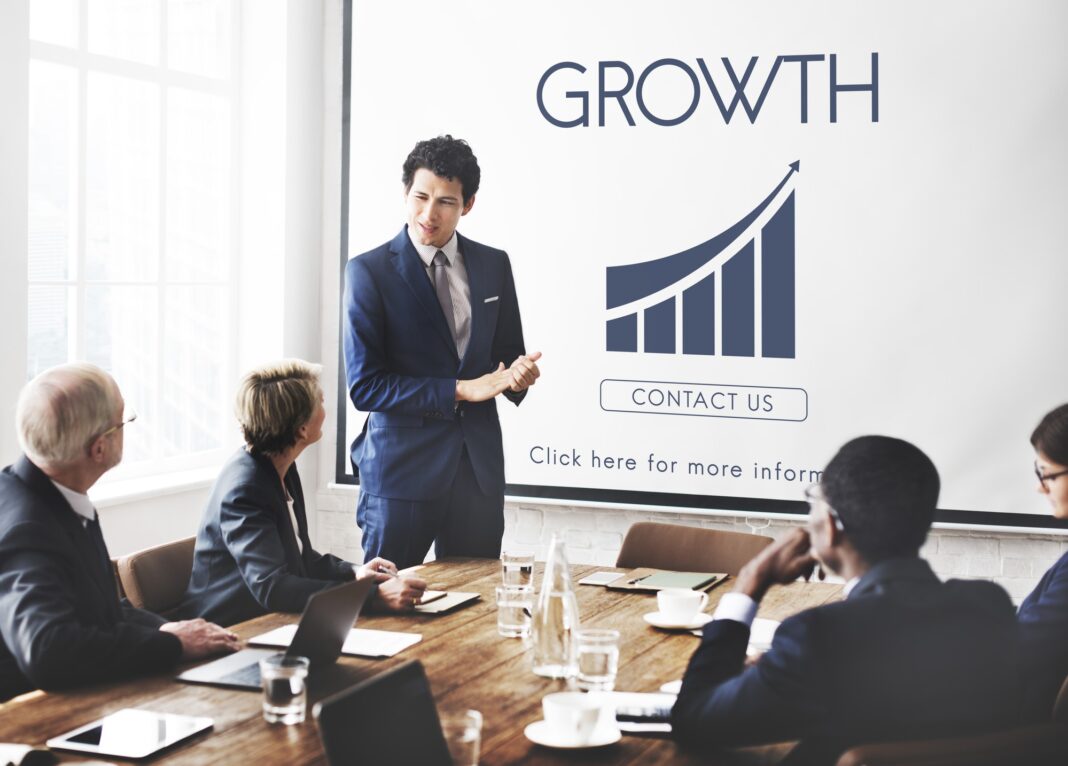Even the old-fashioned industries can’t just sit around in this fast-paced world. With all the pressure built up on manufacturing and modern agricultural sectors, they’re going to be more and more challenged to compete, become adept in new technologies, and respond to the changing needs of consumers. It is in this context that corporate consulting firms in Dallas, TX, come to the lettering gap between tested methodologies and novel innovations. Experiences and an outside perspective enable consultants to let business environments free themselves from their outdated practices and go into the change.
Identifying Innovation Opportunities
Identify anywhere the value would be created through innovation-they are consultants to the business world. The greater part of the value of the outside viewpoint is in traditional businesses. Age-old habits of the organization could shut out virtually possible opportunities. Searching for more innovative solution areas that would align with the company’s objectives, the consultants continue to use market research, competitor analysis, and technology reviews. A consultant may, for example, find specific precision farming technologies that will help the farmer yield more and, at the same time, lessen the waste. In manufacturing, identify how one may be able to automate some level of the workflow to increase production efficiency. By pinpointing such situations that hold in firms and capturing them under innovation either to lose bases or no bases to act against it, the consultant wares the business up with innovation.
Implementing Digital Transformation
Digital transformation tends to be the core of innovating ideas, and consultants happen to be very important as far as its implementation is concerned. They help traditional business houses introduce new technologies: artificial intelligence, cloud computing, and the Internet of Things. It moves beyond tool introduction; and involves rethinking workflows, making employees more efficient, and ensuring that it is adopted properly.
For example, in retailing, they may advise in the change from traditional, brick-and-mortar models to omnichannel ones, thus allowing organizations to provide their customers with experiences both online and offline. They are equally likely to be helping logistics companies in their journey to modern tracking systems that provide real-time delivery status. In this way, consultants enable technology into digital transformation, not as a disrupter, but as an enabler to business changes.
Facilitating Cultural Change
Innovations in industries often have to break a mindset pattern that may exist in certain companies. For example, such firms might resist change easily. Corporate consultants assume an appropriate role in the innovation of conventional businesses by organizing workshops, training, and leadership-development programs that encourage employees and executives to be daring and willing to innovate.
For instance, consultants might work with leadership teams to adopt agile methodologies that can allow quicker decisions and adaptation. In a hierarchical setting such as in the construction industry, consultants might introduce collaborative tools that enhance communication across the teams. Through such cultures that encourage creativity and improvement, consultants ensure that innovation is part of the identity of the organization.
Introducing Sustainable Practices
Companies of all types have sustainability on their agendas these days, and traditional industries are no exception. Energy-efficient design, combined with efficient use of resources and waste reduction or switching to renewable energy sources, may be included in it.
To give one example, in the energy sector, consultants might advise on establishing solar or wind power facilities. In the same way, while in the fashion industry, they may direct brands towards sustainable materials and ethical production. Innovation aligned with sustainability gives the consultant such an edge. For example, businesses begin to comply with emerging regulations, appeal to eco-conscious consumers, and create a competitive advantage.
Enhancing Customer Experience
Continuous change will characterize both traditional industries as well as customer expectations. Consultants will always be a strong force in meeting the client with an innovative experience through these technological advances incorporated into their strategy. They’ll study existing customer data, run surveys, and come up with excellent solutions that are either desired or retainable.
Say, an example of personalization could be in booking experiences through AI-based chatbots. For instance, telemedicine will enable healthcare service providers to better serve the patient in terms of access and convenience. Customer-centricity in innovation is what makes consultants make traditional businesses hold onto old customers while attracting new ones.
Developing New Revenue Streams
Innovative means bringing innovation in ways that generate new streams of revenue for businesses. The role of consultants is identification, and it is all about diversifying the business by entering new markets now geographically or adding new value-added services. Such solutions can be implemented fruitfully for mature industry segments in which the core business is a decreasing demand for formerly new products or services.
The manufacturer could, for example, ask a consultant to devise a maintenance subscription service for its machinery, while a publishing organization might be thinking of transferring its contents to digital platforms to reach a wider audience.
The End
Corporate counsel is unwanted wealth spread across the whole spectrum of idle enterprises. As time progresses with more traditional industries, the consultancy function for developing and shaping businesses through innovation processes would only increase.





